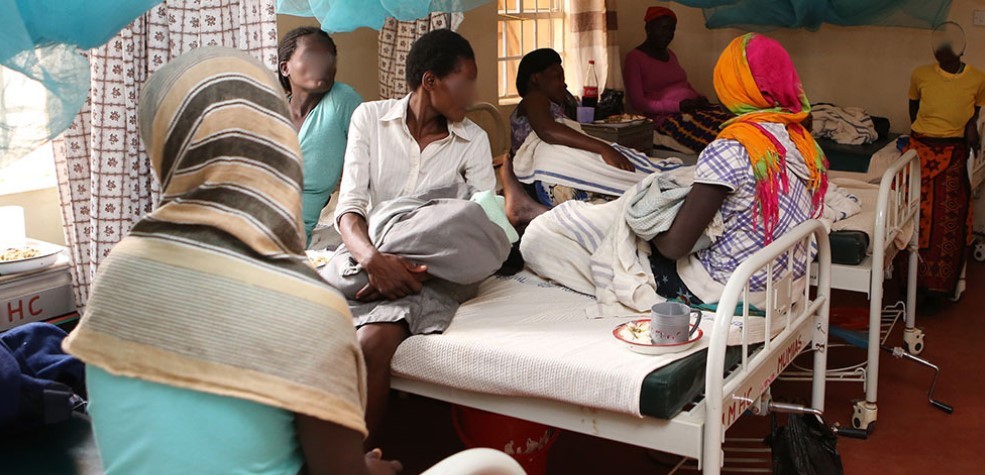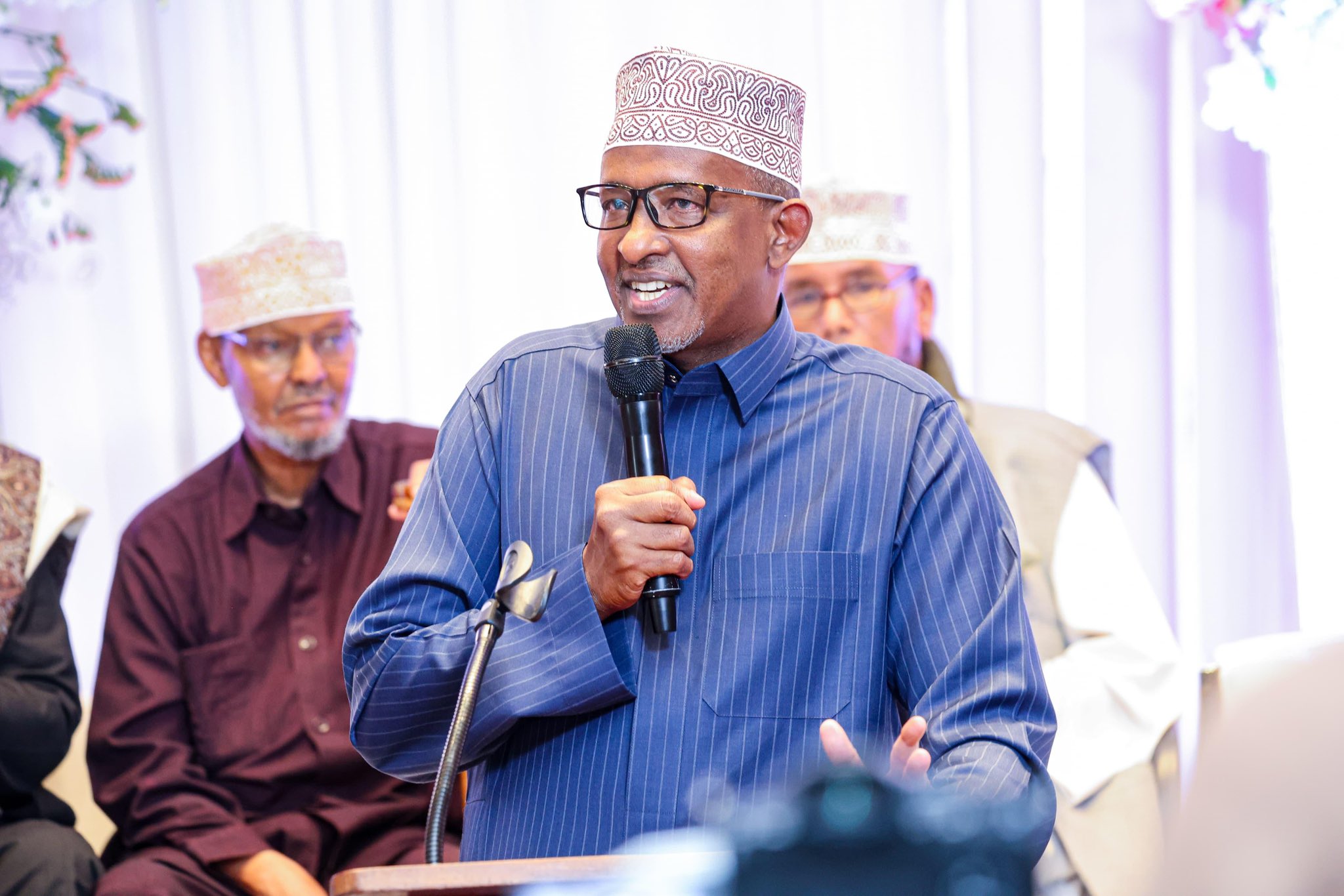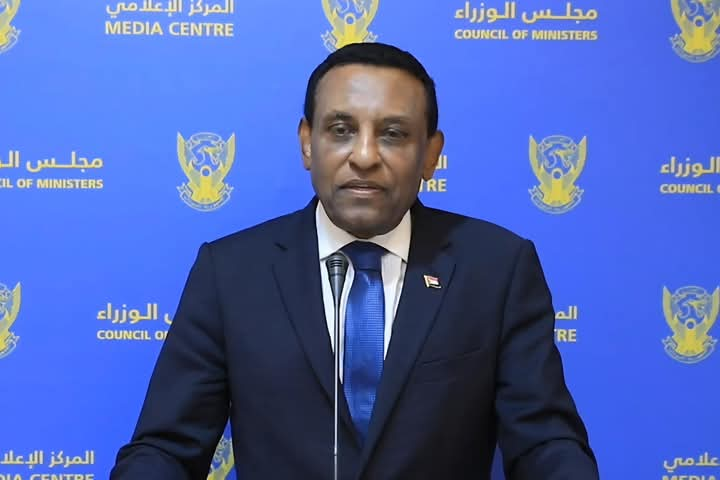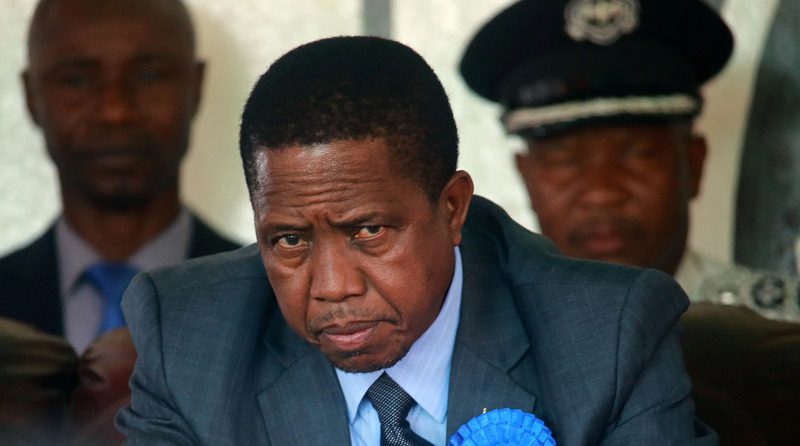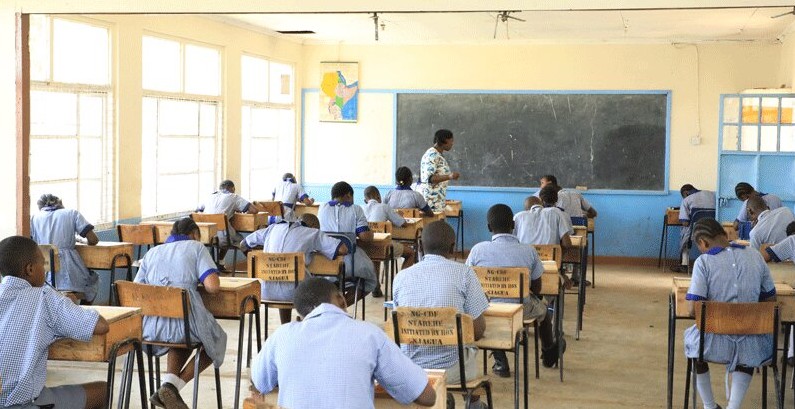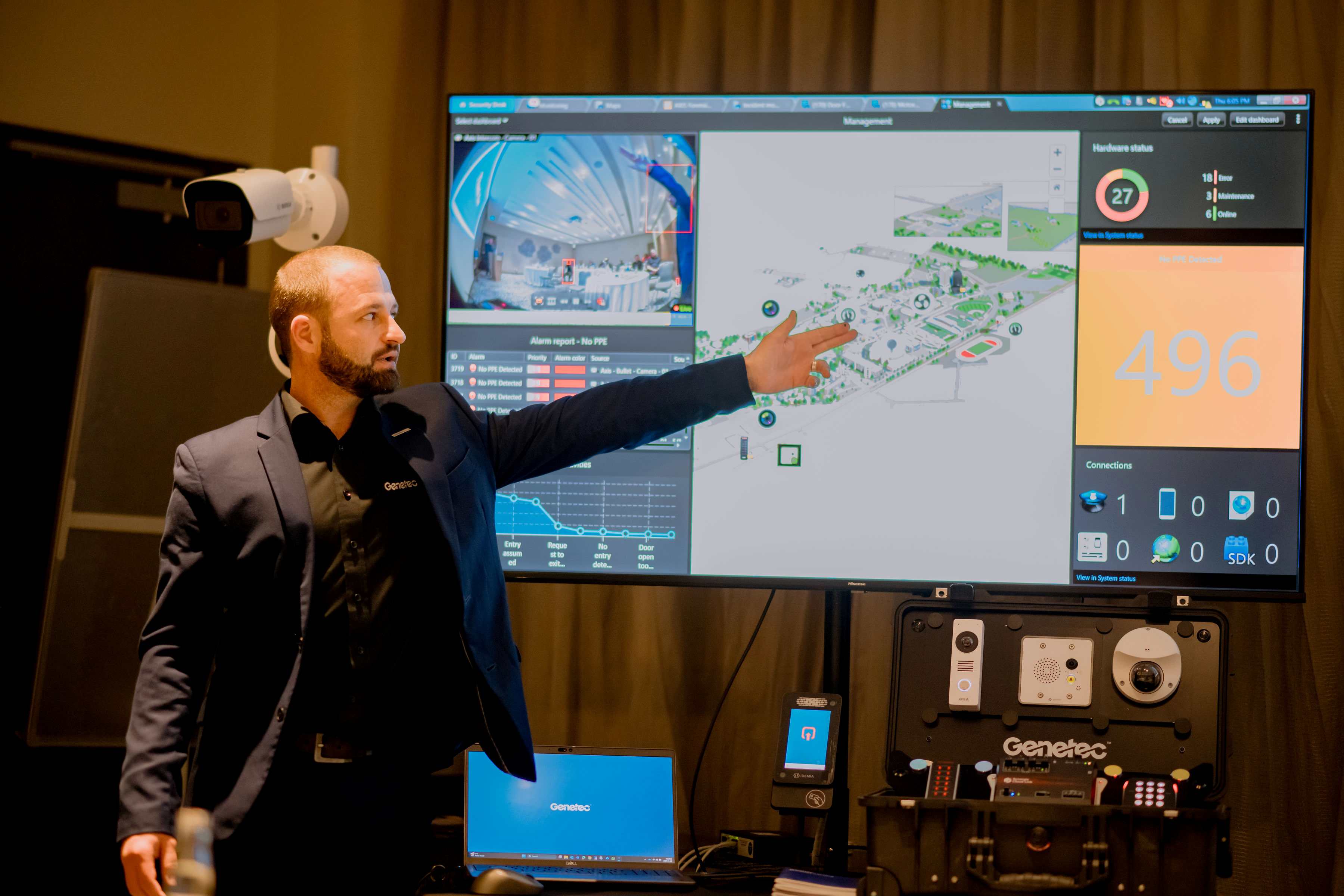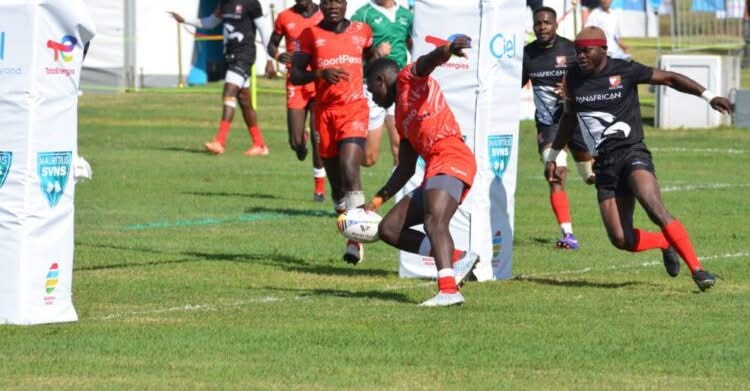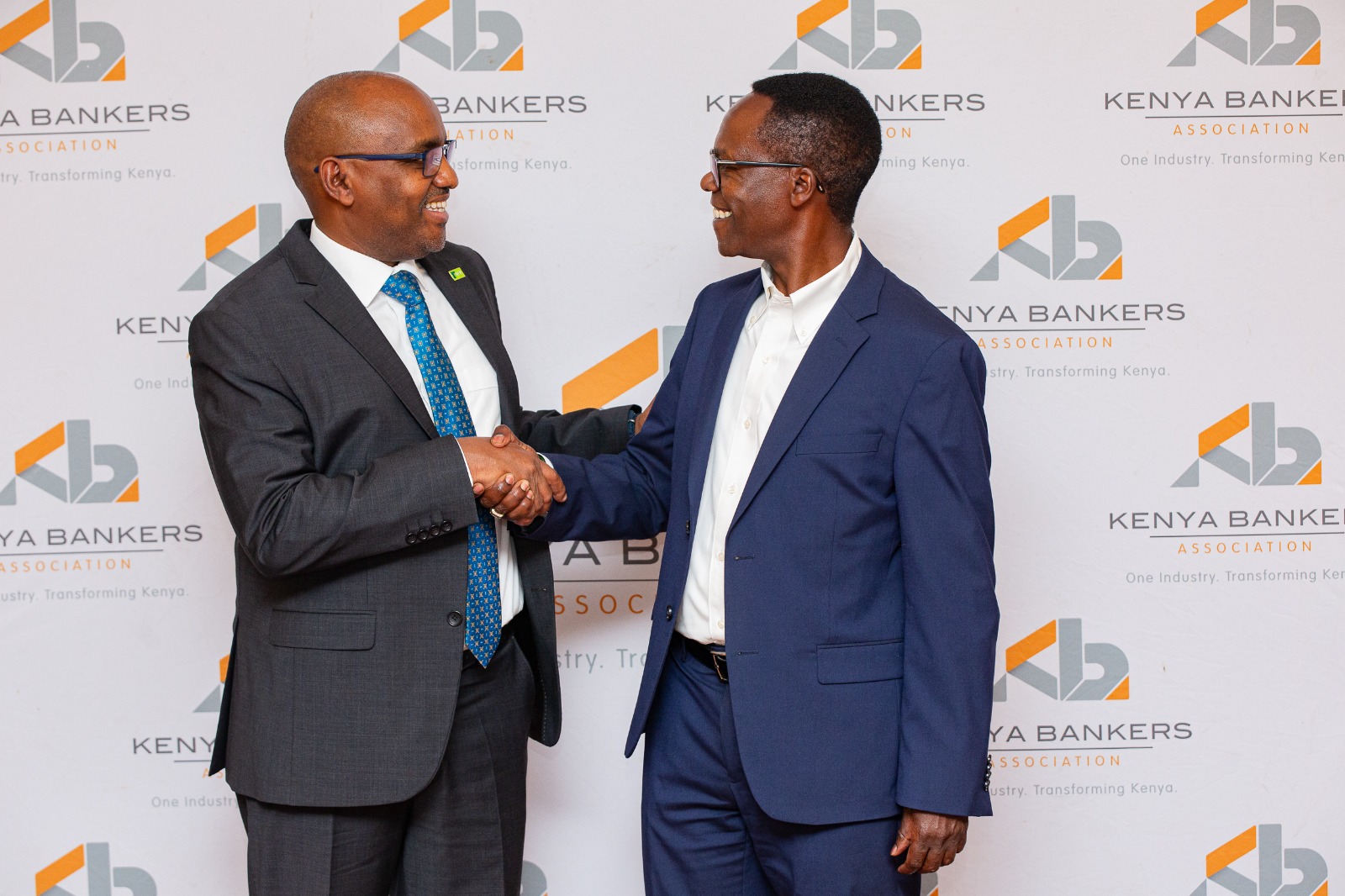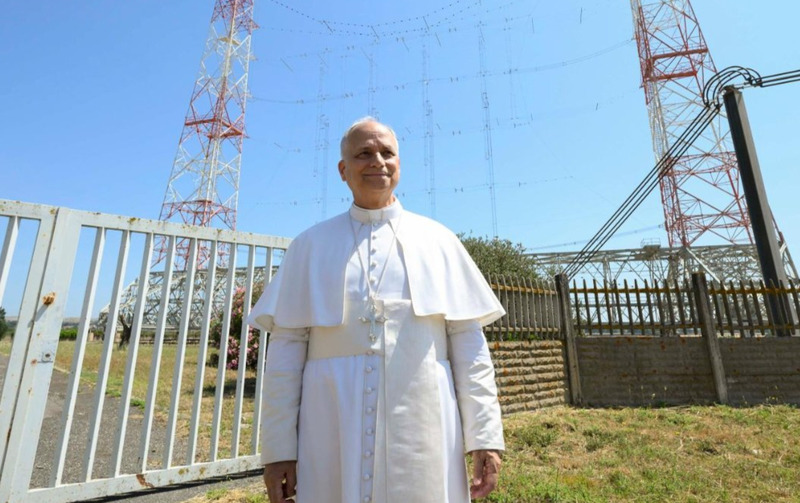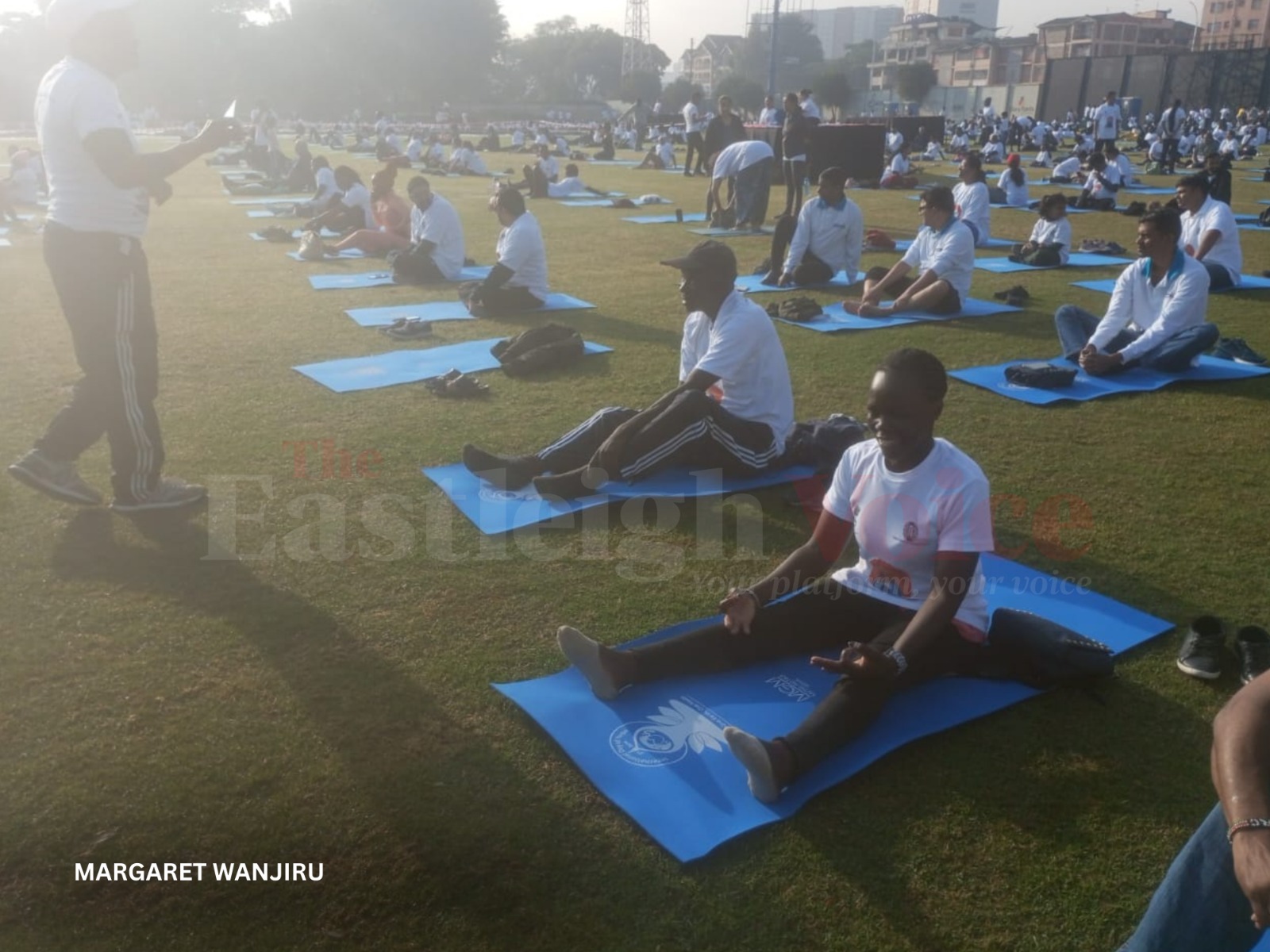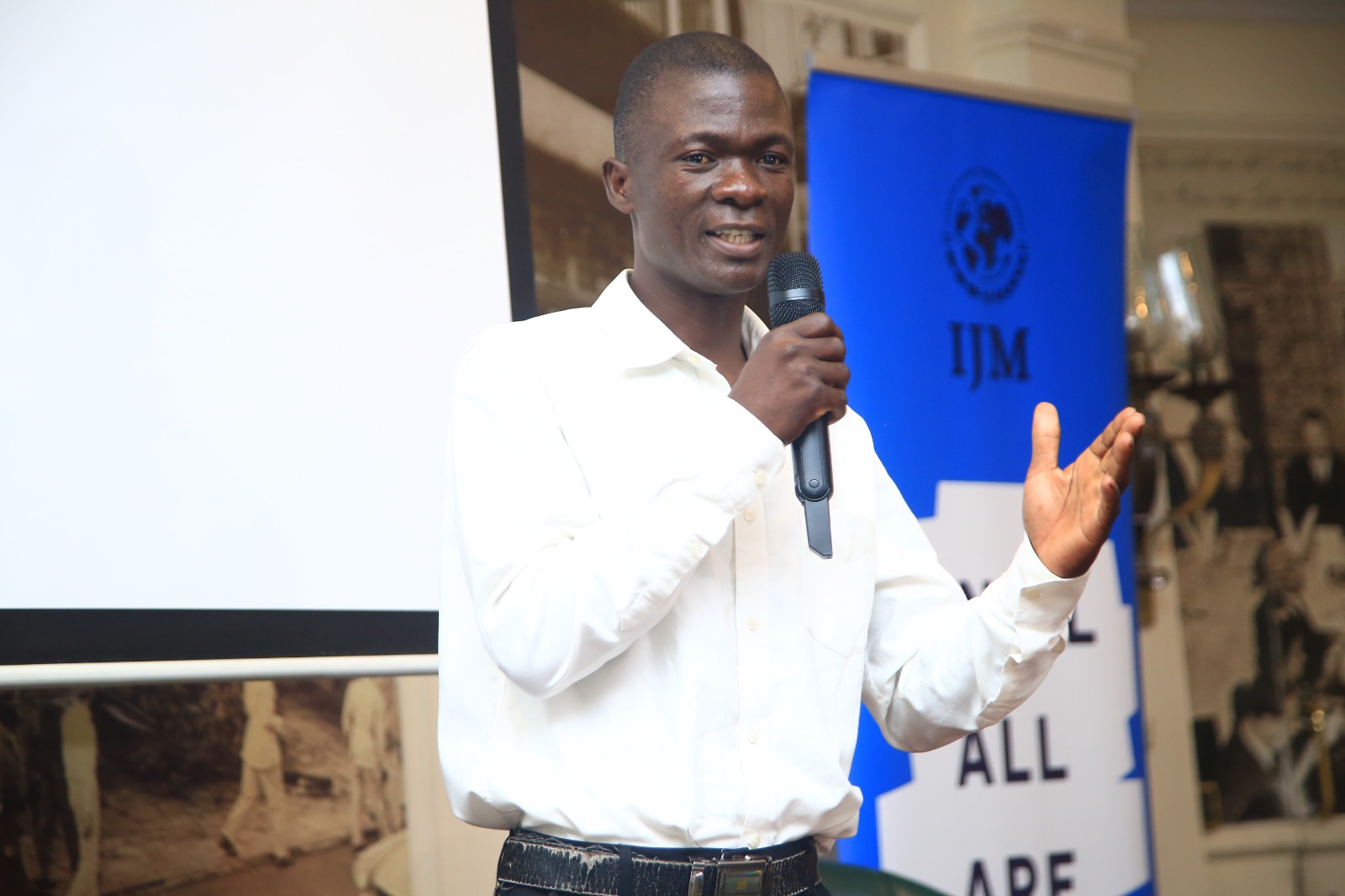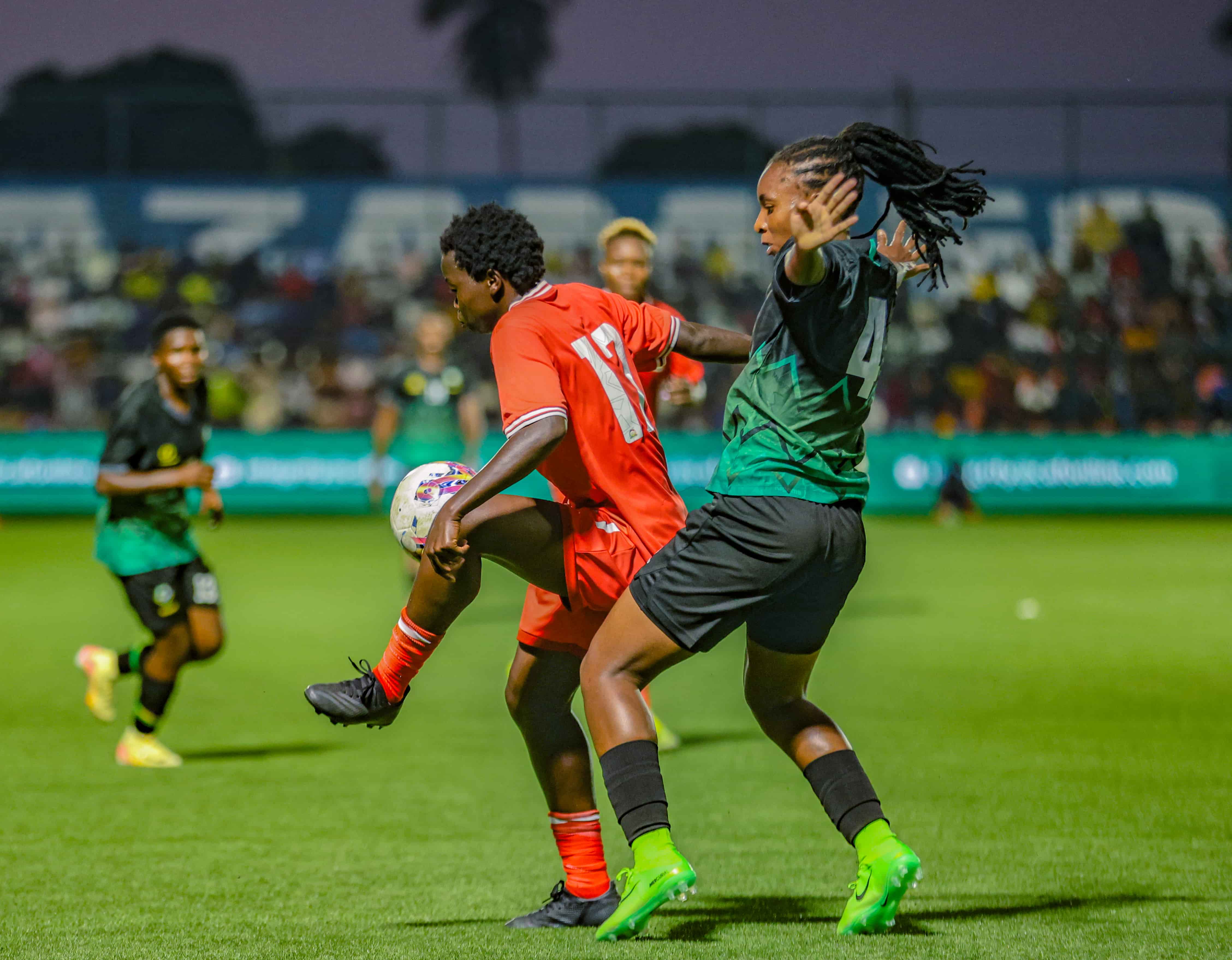'Gaza is my heart': Palestinians struggle with life in Egypt
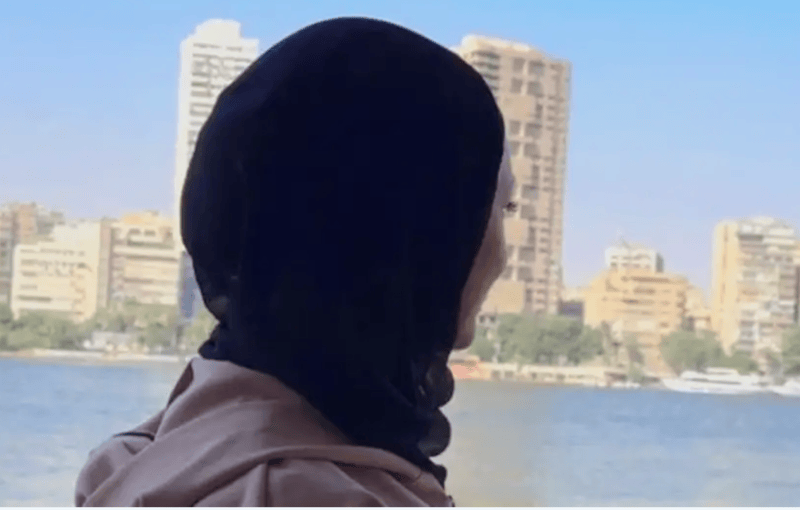
More than 100,000 Palestinians have fled to Egypt to escape the war in Gaza. Mona and her children are among them, but without a secure residence status they are constantly worried about their home and the future.
In the past, Mona always loved the sound of the sea. Living in Gaza, the sea was at her doorstep. The sun, the waves — all this made her forget the daily challenges.
"Whenever I was angry or sad, I went to the sea and felt that I could share my worries with the horizon," she told DW.
More To Read
- Kenya blames Egypt, Iran, UAE for fuelling Sudan war in explosive geopolitical accusation
- Israeli fire kills at least 12 near Gaza aid sites, local health officials say
- Helpless in the face of hunger: Gaza families pray for deliverance – or death
- More than 20 Palestinians killed at aid distribution site — reports
- Trump administration reportedly weighs plan to relocate one million Gazans to Libya
- UN warns of catastrophe in Gaza and West Bank as conflict, aid blockade worsen
The war in Gaza, however, has changed everything. The sea has become a silent witness to death, despair and hardship.
Mona and her family had to flee from Israeli army bombs and drones several times, the last time to a tent by the sea. "I have seen so much death and suffering," she said sadly.
Mona, who has chosen not to give DW her real name, escaped to Egypt six months ago. The 31-year-old was pregnant when she fled the war in Gaza with her two young children and ended up in Cairo.
The sea is now far away, and the reassuring sounds of the waves and the wind have been replaced by the hustle and bustle of Egypt's capital, exhaust fumes, lights and everyday life that often takes her breath away.
At night, she is haunted by thoughts of what she experienced in Gaza, and of worries. "I had to leave my husband behind because there wasn't enough money for him to leave the country," she said. The family collected $5,000 (around €4,700) from donors abroad for their escape.
Several thousand sick and wounded people have been allowed to enter Egypt for treatment in local hospitals over the past year. Other Palestinians got out of Gaza with the help of foreign embassies, or through an Egyptian intermediary company which requests a high "coordination fee" to help Palestinians flee Gaza.
This is also how Mona and her children escaped. According to reports, the brokerage company is linked to Egyptian state security services. However, they have denied any connection.
No formal support for Palestinian refugees
The actual number of Palestinians from Gaza now living in Egypt is yet to be determined.
In May, the Palestinian ambassador to Egypt, Diab al-Louh, estimated the number at around 100,000, however, local aid workers believe the number is higher.
The Rafah border crossing between Gaza and Egypt was closed on May 7 after the Israeli military took control of the area. Those who were not medically evacuated are largely left to fend for themselves.
 Palestinians walk past destroyed houses, amid the ongoing conflict between Israel and Hamas, in Jabalia refugee camp, in the northern Gaza Strip February 22, 2024. (Photo: REUTERS/Mahmoud Issa)
Palestinians walk past destroyed houses, amid the ongoing conflict between Israel and Hamas, in Jabalia refugee camp, in the northern Gaza Strip February 22, 2024. (Photo: REUTERS/Mahmoud Issa)
The majority have long-expired tourist visas, which means they reside in the country illegally and are excluded from public education, health care and other services.
As Palestinians are not covered by the mandate of the UN refugee agency, they do not receive any formal support.
The UN relief agency for Palestinian refugees, UNRWA, would actually be responsible; however, it has never had a mandate for Egypt. As a result, refugees are dependent on private Egyptian volunteer groups who distribute food, hand out clothes and shoes, look for odd jobs and collect donations.
According to an analysis by the International Crisis Group, an independent organisation working to prevent wars, the war in Gaza poses considerable challenges for Egypt.
The Egyptian government is concerned that public outrage over Israel's actions in Gaza could trigger protests against the rule of President Abdel Fattah el-Sissi, especially given the difficult economic situation in Egypt. In March, dozens of demonstrators were arrested after protests against inflation and poverty.
Egypt refuses to allow Palestinians from Gaza to settle permanently. According to the International Crisis Group, the concern is that Israel will not allow Palestinian refugees to return.
'A different approach to aid'
For the time being, Mona has repressed the thought of whether she will ever be able to return to Gaza. "The first few weeks here in Cairo were very difficult, but then I met Lucy," she said.
Lucy, who doesn't want to give her real name, is one of those people who changed Mona's life for the better. Originally from Germany origin, she has lived in Egypt for almost two decades.
Lucy vividly remembers her first meeting with Mona in Cairo. "I noticed how thin and pale she was, and obviously pregnant," she told DW. "She hardly spoke, and yet she invited me to dinner. It was a quiet get-together, and it was clear to me that she needed support."
"Lucy not only accompanied me until I gave birth, but also organised food for us, and helps my children with everything," said Mona, adding that "thanks to her, my children can be children here in Cairo."
Mona's daughter is 6 years old, and her son is 4. Along with the new baby, the small family lives with the anxious hope of a secure future in a foreign country.
Lucy is part of a group that represents a principle of solidarity rather than a charitable project.
"Mutual Aid is a different approach to aid," she said. "It is community-oriented, anti-capitalist and free from large Western organizations that often only serve themselves."
Previously, while living in Germany, Lucy also worked with refugees, looking after families and helping them to fill out applications. However, her encounter with Mona has a special meaning. She said she senses the strength and pride that Palestinians from Gaza carry, despite everything they have experienced.
"Mona always says she is Palestinian, a daughter of Gaza. And she is proud of it," said Lucy.
No rights, no school, no work
Nevertheless, the legal situation in Cairo continues to pose difficulties for Mona and other Palestinians.
Without residence status, she is not permitted to work and her children are not allowed to go to school — even though her daughter is now old enough to start classes.
This would have been something she had hoped to offer them in Gaza.
"Gaza is my heart," said Mona, her voice trembling. She misses the streets, the coffee shops, the sense of community. "I love Gaza, I love Palestine."
Recently, she found a small moment of peace when she visited the town of Ain Sokhna on the Red Sea with Lucy.
"I was able to share my worries with the sea again," she said.
Mona doesn't know whether she will stay in Cairo or not. She still hopes that one day, she will be able to see the sea in Gaza again.
Top Stories Today
